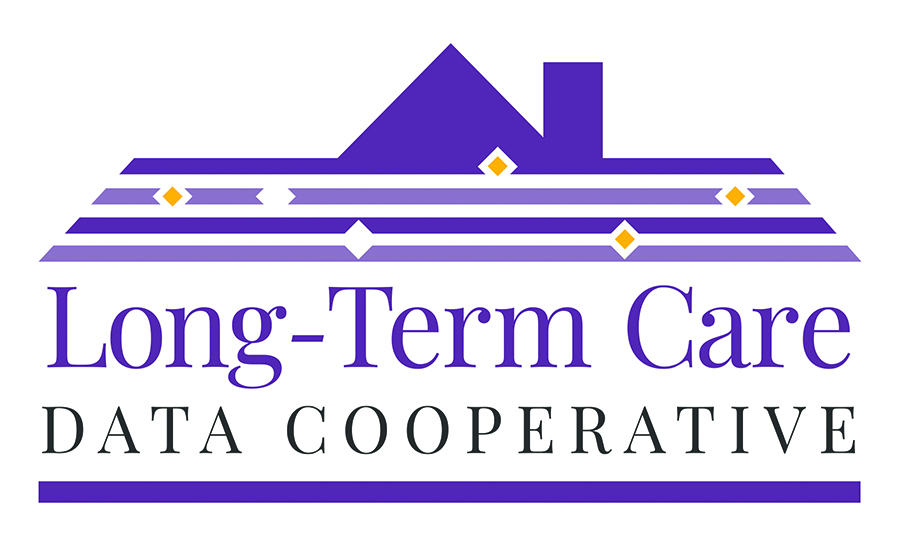The LTC Data Cooperative for Assisted Living Is a Source for New Data
The Long-Term Care Data Cooperative helps assisted living communities put their data to work to find opportunities for improvement.
9/9/2025

“The Benefits of Data in Assisted Living,” published in Provider magazine’s Summer 2025 issue, spotlighted how assisted living communities can take advantage of data to improve safety and risk management and monitor trends in potential health issues. A National Center for Assisted Living white paper gives even more examples.
So, the next question becomes how can assisted living communities use available data to proactively address opportunities for improvement?
Assisted living communities can join the Long-Term Care (LTC) Data Cooperative to get access to critical insight, such as:
- Feedback reports that highlight whether key clinical data are documented in residents’ electronic health records (EHRs), which can help with accurate clinical data trending over time.
- Measure averages derived from all assisted living communities participating in the LTC Data Cooperative. This will help determine whether a community’s performance on an EHR-based measure of clinical care is similar to or different from a large group of assisted living communities.
- Customized data analysis to answer questions that help evaluate a quality-improvement effort, new program, or other organization-specific initiative.
The LTC Data Cooperative is an effort governed by the American Health Care Association/National Center for Assisted Living (AHCA/NCAL) and funded by the National Institute on Aging (U54AG063546-S6). It is a provider-led initiative to assemble resident clinical data from the major long term care EHR vendors on behalf of post-acute and long term care organizations. The data serve four key purposes:
- Health care operations/population health analytics.
- Public health surveillance.
- Observational, comparative effectiveness research.
- Clinical research studies.
 The mission of the LTC Data Cooperative is to translate this EHR data assembled across many long term care organizations into accessible and actionable information designed to help clinicians, managers, and policymakers improve care.
The mission of the LTC Data Cooperative is to translate this EHR data assembled across many long term care organizations into accessible and actionable information designed to help clinicians, managers, and policymakers improve care.
AHCA/NCAL analysts access LTC Data Cooperative data on a secure platform to identify trends in clinical status and outcomes, as well as to produce reports for use by skilled nursing facility and assisted living organizations. All participants in the LTC Data Cooperative can also voluntarily participate in research funded through academic partners who have applied and been approved to use LTC Data Cooperative data in their projects.
Assisted living communities can join the LTC Data Cooperative by signing a consortium participation agreement. Contact us at LTCDataCooperative@ahca.org to find out how your assisted living EHR data can go further in helping you realize the benefits of data insights.